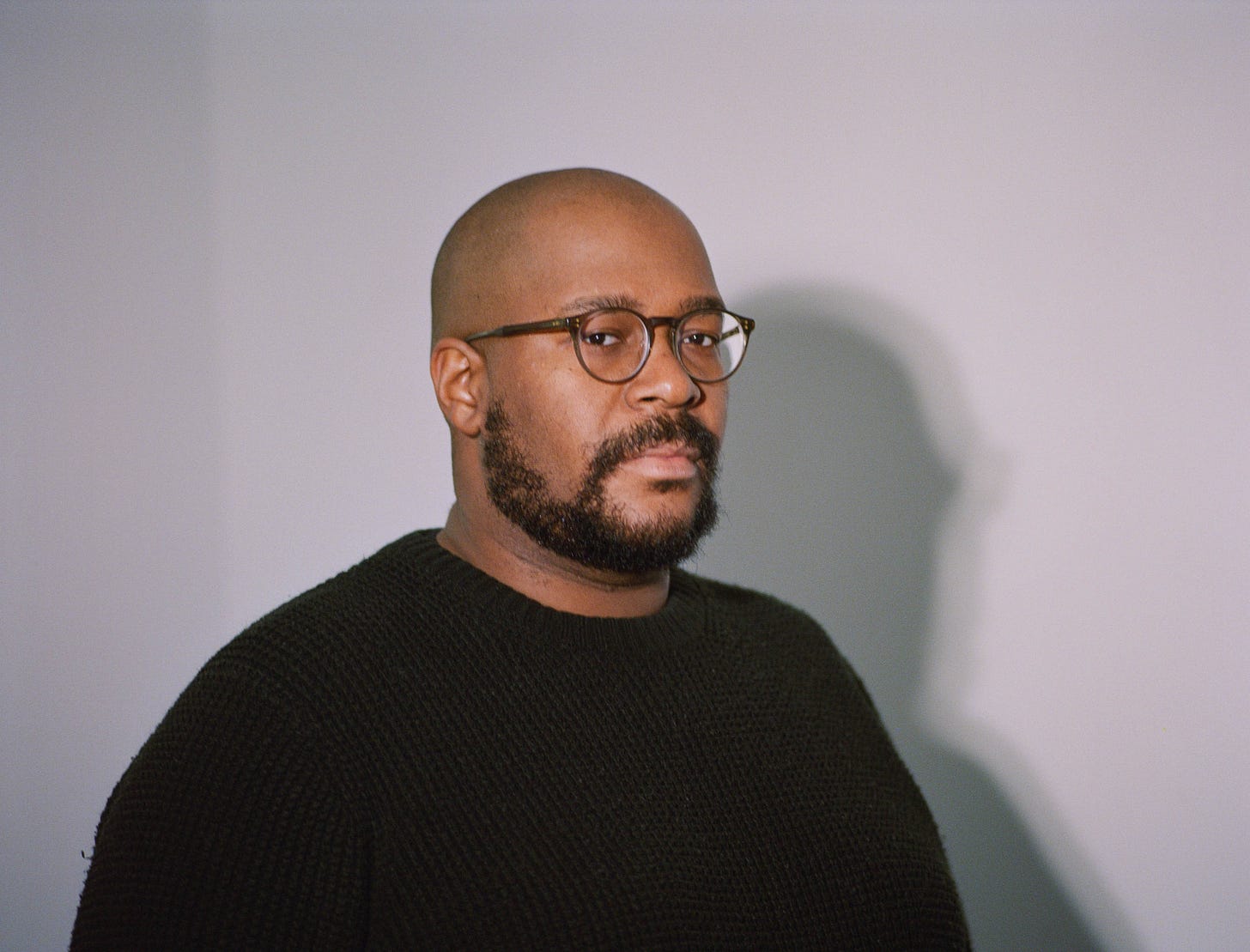Accepting Kindness, Accepting Tenderness, Accepting Love: A Conversation with Brandon Taylor
On friendship, bodies, romance novels, writing the swoon, embodied novels, the benefits of not hating yourself, investing in happiness, not borrowing trouble, and finding joy in other people.
Intimate conversations with our greatest heart-centered minds.
Brandon Taylor can write. I mean, really, really, really write. His prose is clean, meticulous, and driven — yet wonderfully, magically lyrical. His characters are so vibrant and drawn with such exquisite precision, I would recognize them anywhere. His plots often sprawl and then twist in on themselves, the way life does, and his stories end in unexpected and deeply satisfying places. I feel nourished after I finish one of Brandon’s books.
Brandon happens to also be a lovely person: smart, funny, generous with his time and wisdom, staggeringly insightful, honest, and kind. We spoke for an hour and a half and I could have easily spoken for more!
Brandon wrote his beautiful debut novel, Real Life, in five weeks. It was shortlisted for the Booker Prize and the National Book Critics Circle John Leonard Prize, and named a New York Times Book Review Editors’ Choice. Next came national bestseller Filthy Animals, a collection of gently interlinked short stories. And most recently his novel The Late Americans which follows a group of friends through, well, everything. He also writes the wonderful newsletter
.The Craft Advice portion of the interview will post next Thursday and you do not want to miss it. It’s a mini-class in writing!
Here’s Brandon reading one of my favorite passages from The Late Americans. The video cut off the first few words: “The rain had stopped.”
I hope you enjoy the interview! Looking forward to hearing your thoughts!
xJane
I want to start by talking about friendship as this is the heart of all three of your books. I love how you portray friendship. These are often people who might not otherwise be friends, brought together by shared enthusiasms and circumstances. Reading your books puts me in mind of the Buddhist concept of interdependent arising: every character exists because of the others. Within these relationships there are misunderstandings, betrayals, lies, opposing desires and other conflicts. Ultimately, in most cases, the relationships carry it. The hardship is absorbed and becomes part of the texture of the friendship. And they help each other learn so much about worlds that are different from theirs. You have that gorgeous line at the end of The Late Americans when Daw is thinking about his friends: “He could feel each of them in him, their happiness, their kindness, their love.” What do you see as making this possible?
I love what you said about how it feels as though each of them is necessary to the whole thing. That's how I approach story. I often can't begin writing until I know not only the first character, but the whole context they live in. It's really those other people that give that character's life its shape and by extension the book its shape.
As someone who grew up very lonely, friendship has always been crucial to me. Yet I don't really understand how to do it. I’m so curious how people seem to know how to be in relation to other people. I feel I'm making it up as I go. So when I'm writing, I'm always trying to figure it out. Other people seem to know what happens when, for instance, one person in a friendship has a real finesse with living in the world and the other friend doesn't. How can it be that the friend with the finesse covers for that friend who doesn't have it? What happens when the friend with the finesse loses that finesse, and they don't know how to cope, and so then the friend without it must then help them?
For me, that's how life is. It’s always covering for others and hoping that they'll cover for you. And in some way, we muddle through. Some of the most transformative moments of my life have come because my friends have shown me great kindness and great love and great understanding. Their love for me has helped me understand myself better. We think of friendship as being nice to the people that you love. But to me, it is also a system of discernment and inquiry; it's this powerful meaning-making engine, both in life and in story. Without friendship, I don't know that I would have a subject to write about.
Some of your characters don't even necessarily like each other, but they stand by one another. Is there forgiveness involved? Or acceptance of themselves or of the world? Or are you just writing it from a gut feeling?






